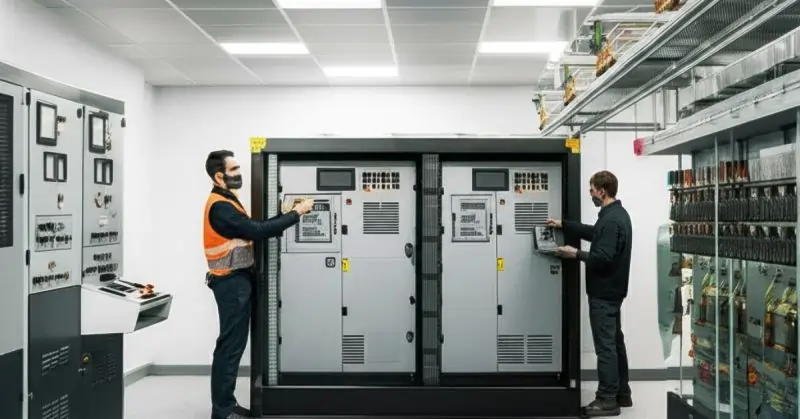
In the world of power generation—especially in marine, industrial, and large-scale utility systems—generator parallel operation plays a critical role in ensuring uninterrupted, flexible, and efficient electricity supply. But what exactly is it, and why is it so important?
Generator parallel operation refers to the process of running two or more generators together, connected to the same electrical busbar, sharing load proportionally. Instead of one generator handling the entire power demand, multiple generators work in unison, distributing the load based on their capacity and settings.
There are several reasons to operate generators in parallel:
Before generators can operate in parallel, they must be synchronized. This involves matching the following parameters:
Failure to match these parameters before connecting a generator can lead to severe mechanical and electrical damage.
Once synchronized, generators must share load proportionally. There are two main load-sharing methods:
Onboard ships, generators (usually diesel-powered) are commonly operated in parallel. A vessel might have three generator sets: two running in parallel during normal operation and one on standby. When cargo equipment or air conditioning load increases, the standby generator is synchronized and added to the bus to support the rising demand.
Generator parallel operation is essential for modern power systems where reliability and efficiency matter. Whether on ships, in hospitals, data centers, or industrial plants, synchronized generators provide smooth, stable, and scalable power. With proper synchronization and load-sharing techniques, this system ensures both performance and safety, making it a cornerstone of dependable electrical power management.
This tool helps you determine the load sharing between multiple generators operating in parallel.